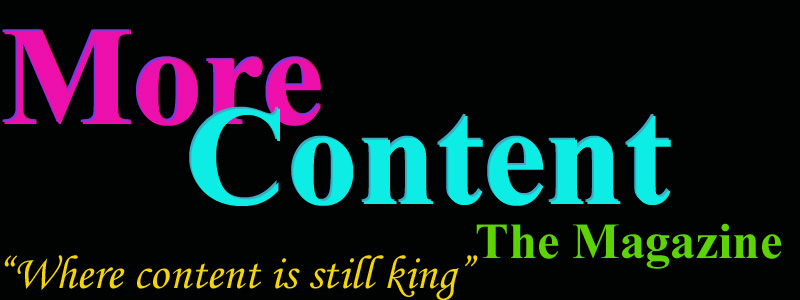 Back to More Content Magazine
Back to More Content Magazine
The Citizens United case concerned a lobbying group that wanted to air a movie critical of a political candidate and to promote the film during television broadcasts. The 2002 Bipartisan Campaign Reform Act [BCRA] prohibited expenditures on "electioneering communication" by corporations and unions. A District Court prohibited the group from advertising the film in broadcasts or paying to have it shown on television within 30 days of the primary because it was in violation of the BCRA. The Supreme Court reversed this decision, striking down those provisions of BCRA that prohibited corporations (including nonprofit corporations) and unions from making independent expenditures and "electioneering communications". The court correctly recognized that a prohibition on spending money to communicate a message is essentially the same as suppressing the right to express the message.
Unlike the ACLU, I do not support direct public financing of politicians. Instead, I would mandate that broadcasters repeatedly air debates and candidate statements at a variety of times, including during prime time and drive time. I would also expand voter information pamphlets so that they carry more information from candidates and ballot measure opponents and advocates.
I would also like to see the establishment of broadcast (over the air) public access TV stations so more people can get their message out and be heard without spending large sums of money.
The ACLU's Position
"....We understand that the amount of money now being spent on political campaigns has created a growing skepticism in the integrity of our election system that raises serious concerns. We firmly believe, however, that the response to those concerns must be consistent with our constitutional commitment to freedom of speech and association. For that reason, the ACLU does not support campaign finance regulation premised on the notion that the answer to money in politics is to ban political speech.
At the same time, we recognize that the escalating cost of political campaigns may make it more difficult for some views to be heard, and that access to money often plays a significant role in determining who runs for office and who is elected.
In our view, the answer to that problem is to expand, not limit, the resources available for political advocacy. Thus, the ACLU supports a comprehensive and meaningful system of public financing that would help create a level playing field for every qualified candidate. We support carefully drawn disclosure rules. We support reasonable limits on campaign contributions and we support stricter enforcement of existing bans on coordination between candidates and super PACs.
Some argue that campaign finance laws can be surgically drafted to protect legitimate political speech while restricting speech that leads to undue influence by wealthy special interests. Experience over the last 40 years has taught us that money always finds an outlet, and the endless search for loopholes simply creates the next target for new regulation. It also contributes to cynicism about our political process.
Any rule that requires the government to determine what political speech is legitimate and how much political speech is appropriate is difficult to reconcile with the First Amendment. Our system of free expression is built on the premise that the people get to decide what speech they want to hear; it is not the role of the government to make that decision for them.
It is also useful to remember that the mixture of money and politics long predates Citizens United and would not disappear even if Citizens United were overruled. The 2008 presidential election, which took place before Citizens United,was the most expensive in U.S. history until that point. The super PACs that have emerged in the 2012 election cycle have been funded with a significant amount of money from individuals, not corporations, and individual spending was not even at issue in Citizens United.
Unfortunately, legitimate concern over the influence of “big money” in politics has led some to propose a constitutional amendment to reverse the decision. The ACLU will firmly oppose any constitutional amendment that would limit the free speech clause of the First Amendment." The ACLU and Citizens United
Also see Fixing-Citizens United Will Break the Constitution
![]() Back to Oranj Productions Home
Page
Back to Oranj Productions Home
Page
Contact Info
All content Copyright 1993-2016 Oranj Productions.
All Rights Reserved.